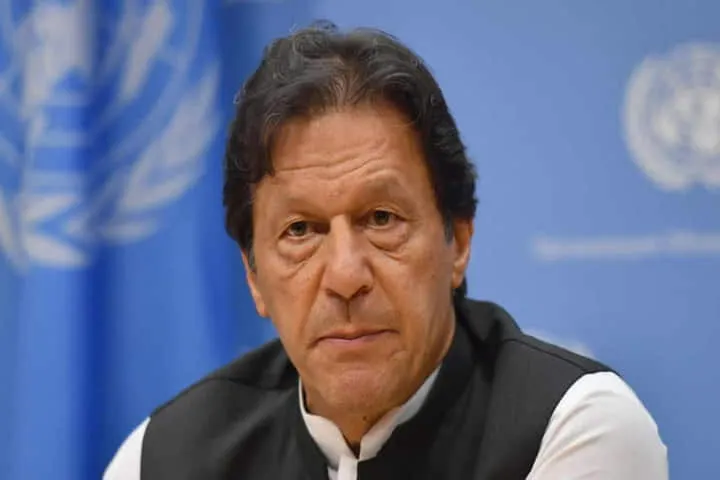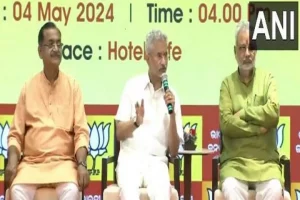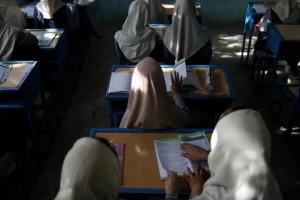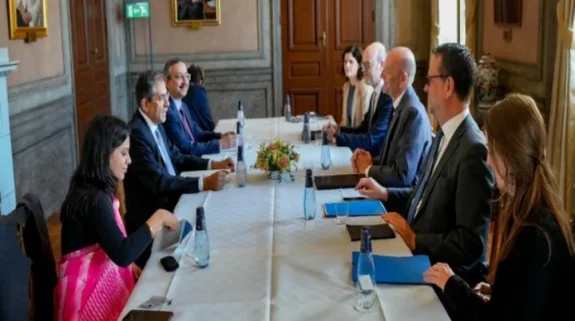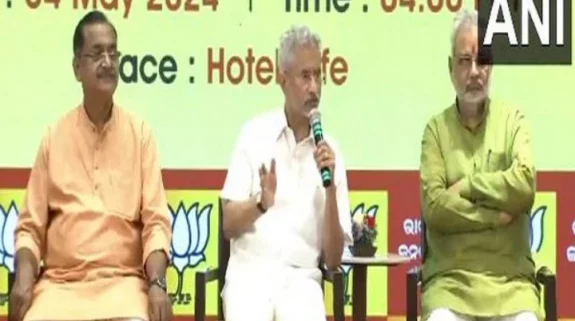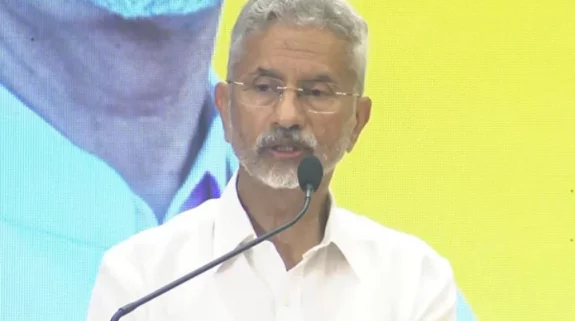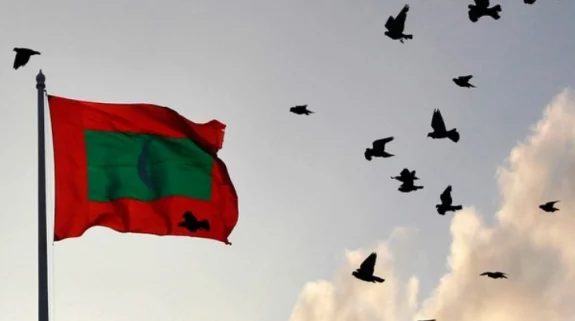An imminent “economic meltdown” is putting Pakistan Prime Minister Imran khan under “immense pressure and bringing the threat of unrest as record inflation – the fourth highest in the world – pushes the price of sugar higher than petrol,” the Guardian in a recent report said.
The country’s inflation rate – as measured by the consumer price index—rose to 9.2 per cent in October from 8.35 per cent in corresponding month in the previous year. In September this year, it was 8.98 per cent. Khan has now announced 120bn-rupee subsidy package to bring down prices on essential food items.
Though in an address to the nation last week, he said that the rise in inflation was due to past mistakes of the opposition, analysts said that the issue has become a hydra-headed problem for the Pakistan Prime Minister.
Also read: Pakistan expected to be hit by major gas crisis in winter
“Before coming to power, Khan had vowed to root out corruption and lift people out of poverty as he promised a new and prosperous Pakistan with the creation of 10m jobs. Instead, after a visit to Saudi Arabia last month, he announced $3bn in financial support from Riyadh,” the Guardian said.
With the next general elections slated in less than two years, the issue of price rise will be a cause for worry for Khan and his team.
Barring January, the country’s inflation rate has remained well over 8 per cent. In October, it inched upward to 9.2 per cent
Pakistan’s inflation rate was 6.8 per cent in 2018-19, when Khan assumed power but has been rising since then. In the financial year 2019-20 the inflation rate hit 10.7 per cent, the highest in the world.
The inflation rate in January was a tad lower at 5.6 per cent as it was cushioned by a high base – in the same month last year, inflation rate was 14.6 per cent.
“When prices rise, the worst impacted are the poorer section of the society, in case of Pakistan much like many other countries, the number of poor has increased due to the Covid 19 pandemic,” a former diplomat told India Narrative.
The World Bank estimated that poverty in the South Asian country has increased to 5.4 per cent in 2020 up from 4.4 per cent. A recent unemployment data released by the Pakistan Institute of Development Economics (PIDE) showed that 24 per cent of people who have at least an undergraduate degree — are without a job. The actual figure may be higher.
Khan had promised economic growth and employment generation when he assumed power in 2018. But since he took over the macro-economic indicators have weakened.
Also read: Pakistan asks China to restart CPEC projects stalled over investment, power dues and safety
A sustained annual economic growth rate of about 7-8 per cent is what Pakistan requires for the next several years to be able to generate enough jobs that will absorb the new entrants in the workforce and also reduce poverty.
“But that kind of growth is nowhere in sight,” Dawn in a report said.






